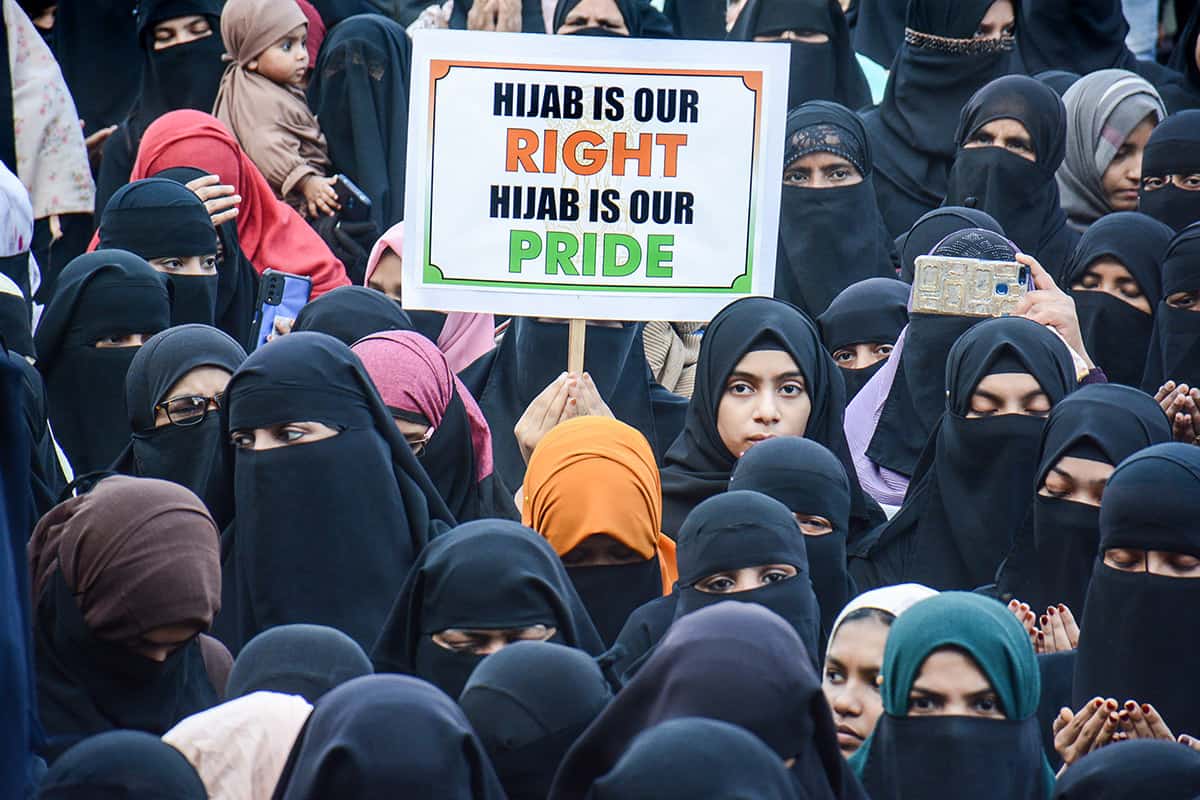
The Karnataka Waqf board will soon start schools and colleges where students will be allowed to wear the hijab, unlike several government educational institutions in Karnataka.
According to Waqf board chairman Shafi Sadi, the schools and colleges will be self-funded and will be set up at Mangaluru, Shivmogga, Hassan, Kodagu, Bijapur and Hubballi.
“A total of Rs 25 crore have been allotted for the educational institutions. There would be no autonomous rules for these colleges and follow the board and universities’ rules,” Sadi said.
Government sources said that chief minister Basavaraj Bommai might soon make an announcement in this regard.
When asked if the intention of setting up the educational institutions was the ongoing hijab row, the Waqf chairman denied it. “There is no connection with the hijab issue. Everybody is welcome to get admission,” he said.
“This was announced 5-6 months before. We have Rs 25 crores in Waqf board allotted for this. This is especially for women’s colleges in different districts of the state,” the Waqf chairman added.
The hijab row
In December 2021, six hijab-clad school girls were not allowed to enter the classrooms by the Government PU College in Udupi. The issue soon spread throughout the state as several government schools and colleges in the state started disallowing hijab-clad students.
Instead of supporting the students, the state government justified the ban and said a proper dress code should be followed.
The protest by the Muslim female students gave rise to Hindu students retaliating by wearing saffron turbans and scarves. There were reports of many Muslim students getting hounded by news media reporters.
The situation soon escalated and the state government had to temporarily close schools for a week.
Several petitions were filed in support of the hijab against the Karnataka government’s ban decision in the high court. However, on March 16, a bench headed by Chief Justice Ritu Raj Awasthi, Justice Krishna S Dixit, and Justice J M Khazi concluded that hijab was not an essential religious practice in Islam upholding the Karnataka government’s ban.



